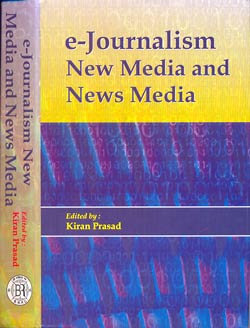Krems.
The next CeDEM 2011 session starts with a presentation by Peter Mambrey, whose focus is on the potential role of Twitter in e-participation. He begins by noting the expansion of the media ecology and the take-up of new media forms by specific groups in society; this creates new opportunities for political participation and self-empowerment, but also challenges for local administration and government.
There is a rising expectation of service quality, growing demands for local service delivery and expertise, competition between cities for citizens and enterprises, demographic change (with a marked population decline in some areas in Germany, for example) …

 First, with a chapter on "
First, with a chapter on "










